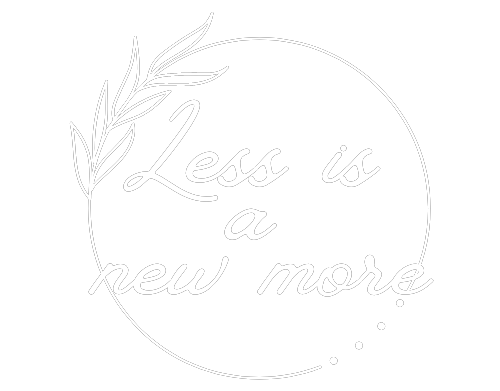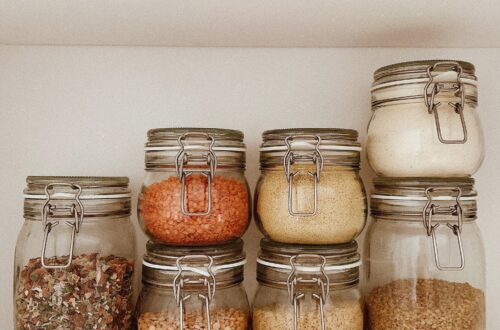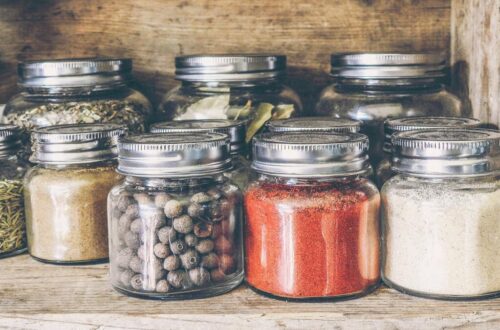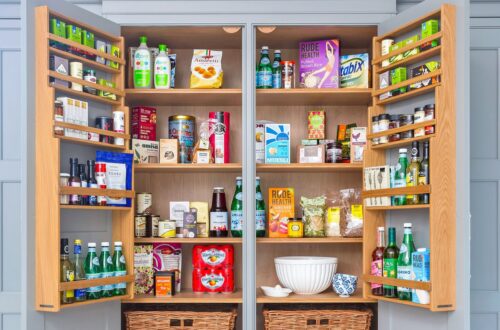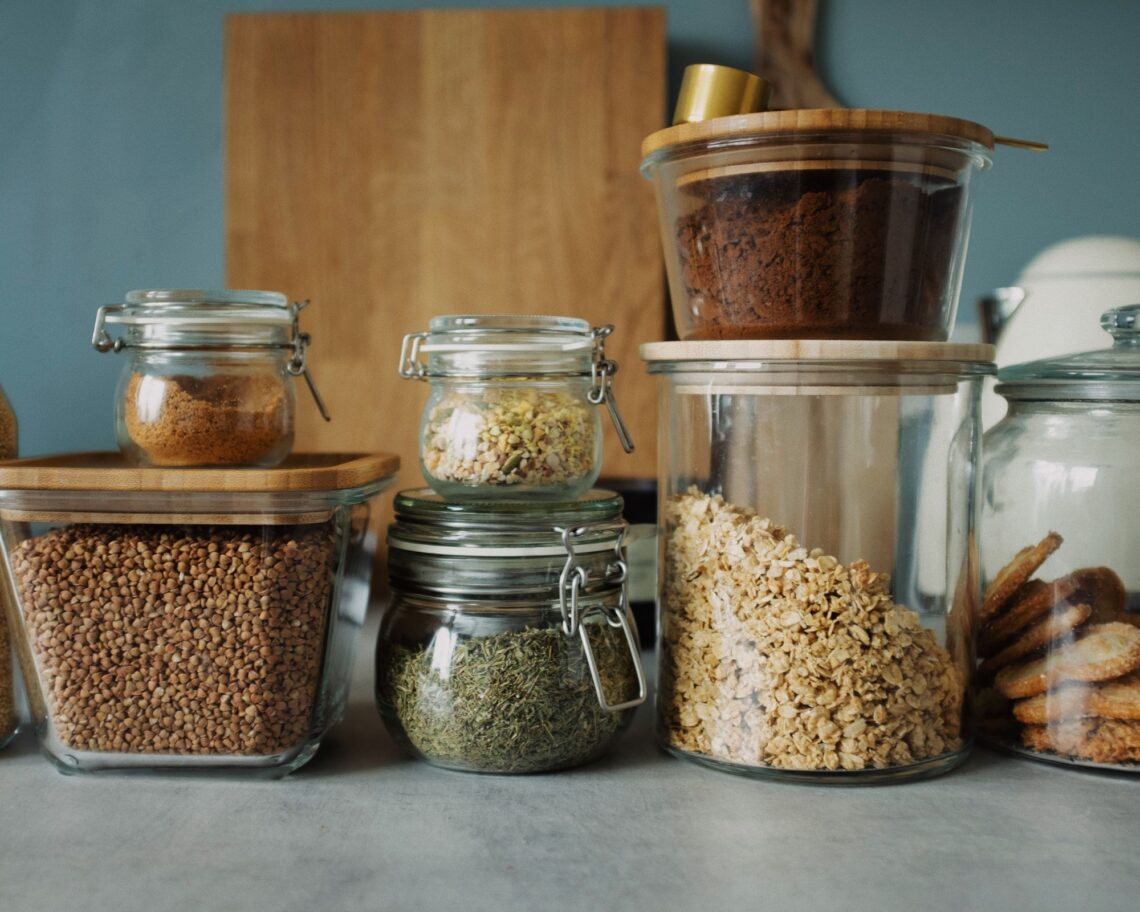
Mindful Meal Prep: Sustainable Pantry Staples for Healthy Cooking
Table of Contents
In a world where convenience often trumps consciousness, it’s refreshing to see a growing number of people making mindful choices, especially in their kitchens. Have you ever found yourself standing in front of your pantry, wondering how to make your cooking more sustainable? You’re not alone!
Sustainable pantry staples not only contribute to a healthier planet but also encourage healthier eating habits. Whether you’re a seasoned chef or a beginner cook, filling your pantry with sustainable staples can transform your culinary experience and reduce your environmental footprint.
Let’s dive into the world of eco-friendly pantry essentials and discover how you can stock up in a way that’s kind to both your body and the planet.
Why Choose Sustainable Pantry Staples?
The choices we make in the kitchen have a profound impact on the environment. From the carbon footprint of transporting food to the pesticides used in conventional farming, our everyday ingredients can contribute to environmental harm.
By opting for sustainable pantry staples, you’re supporting practices that prioritize the health of the earth and its inhabitants. These staples are often produced using organic farming methods, fair trade practices, and minimal packaging, ensuring that your pantry is stocked with products that are as good for the planet as they are for you.
Key Characteristics of Sustainable Pantry Staples
1. Organic and Non-GMO
Organic products are grown without synthetic pesticides, fertilizers, or genetically modified organisms (GMOs). They help maintain soil health, protect biodiversity, and reduce chemical runoff into water sources. Look for certified organic labels on your pantry staples to ensure you’re making a sustainable choice.
2. Fair Trade Certified
Fair trade certification ensures that farmers and workers receive fair wages and work under safe conditions. It also promotes environmentally sustainable farming practices. By choosing fair trade products, you support ethical treatment of workers and sustainable agriculture.
3. Minimal Packaging
Sustainable pantry staples often come with minimal or recyclable packaging. Bulk buying and choosing products with eco-friendly packaging reduce waste and your carbon footprint. Opt for glass jars, compostable bags, or reusable containers whenever possible.
Essential Sustainable Pantry Staples
1. Grains and Legumes
Grains and legumes are the backbone of many meals, offering versatility and nutritional benefits. Here are some sustainable choices:
- Quinoa: A complete protein and nutrient-rich grain. Look for fair trade or organic options.
- Brown Rice: Less processed than white rice, retaining more nutrients and fiber.
- Lentils: A powerhouse of protein and fiber, available in various colors and types.
- Chickpeas: Versatile for soups, stews, and salads. Canned or dried options are available.
2. Oils and Fats
Healthy cooking requires the right oils and fats. Sustainable options include:
- Olive Oil: Look for extra virgin and organic varieties, preferably in glass bottles.
- Coconut Oil: Organic and fair trade options are sustainable and versatile for cooking and baking.
- Avocado Oil: A high smoke point oil, ideal for frying and roasting. Choose organic to ensure sustainability.
3. Nuts and Seeds
Nuts and seeds add crunch, flavor, and nutrition to dishes. Sustainable options to consider:
- Almonds: Opt for organic almonds, as conventional farming uses significant water resources.
- Chia Seeds: Packed with omega-3 fatty acids, fiber, and protein. Choose organic and fair trade.
- Sunflower Seeds: A great snack or salad topping. Look for organic and minimal packaging options.
4. Herbs and Spices
Herbs and spices can elevate any dish, making them pantry essentials. Sustainable choices include:
- Turmeric: Known for its anti-inflammatory properties. Choose organic and fair trade options.
- Cinnamon: Adds warmth and flavor. Organic and fair trade cinnamon supports sustainable practices.
- Basil and Oregano: Perfect for a variety of cuisines. Grow your own or buy organic dried herbs.
5. Sweeteners
For those who enjoy a touch of sweetness in their food, sustainable options are key:
- Honey: Local, raw honey supports local beekeepers and biodiversity.
- Maple Syrup: Choose organic maple syrup to avoid synthetic pesticides.
- Coconut Sugar: A low-glycemic sweetener that’s organic and minimally processed.
6. Vinegars and Condiments
Enhance the flavor of your dishes with sustainable vinegars and condiments:
- Apple Cider Vinegar: Organic, unfiltered options offer health benefits and sustainability.
- Soy Sauce: Look for organic and non-GMO varieties, preferably in glass bottles.
- Mustard: Organic mustard is a great addition to your pantry, free from synthetic additives.
Sustainable Storage Solutions
Now that you’ve stocked up on sustainable pantry staples, it’s important to store them properly to reduce waste and maintain their quality. Here are some tips for pantry storage containers:
1. Glass Jars
Glass jars are perfect for storing grains, legumes, nuts, and seeds. They’re airtight, reusable, and prevent pests from getting into your food.
16 OZ Stackable Glass Food Storage Jars
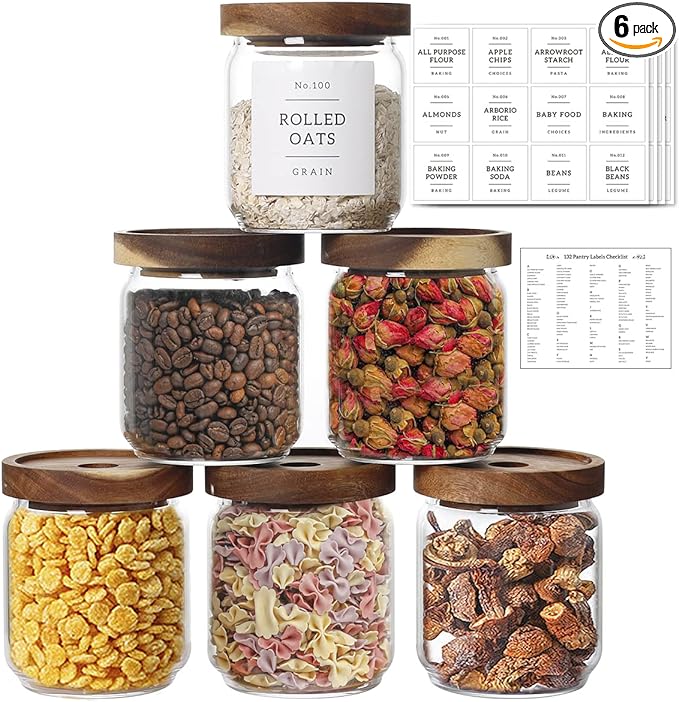
2. Reusable Bags
For bulk items, reusable bags made from organic cotton or recycled materials are ideal. They’re washable and reduce the need for single-use plastics.
Qinline Reusable Food Storage Bags – 24 Pack
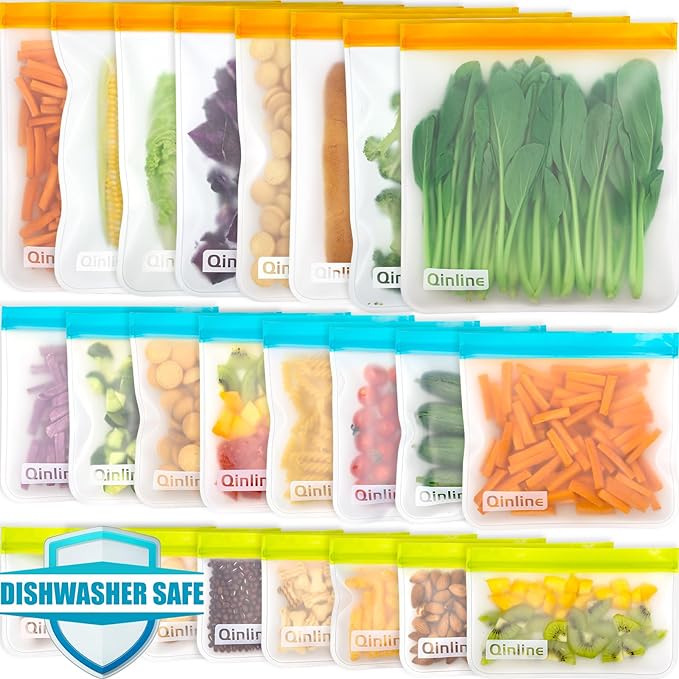
3. Compostable Containers
Use compostable containers for storing fresh herbs, fruits, and vegetables. They keep your produce fresh and can be composted after use.
37oz Bamboo Meal Prep Containers
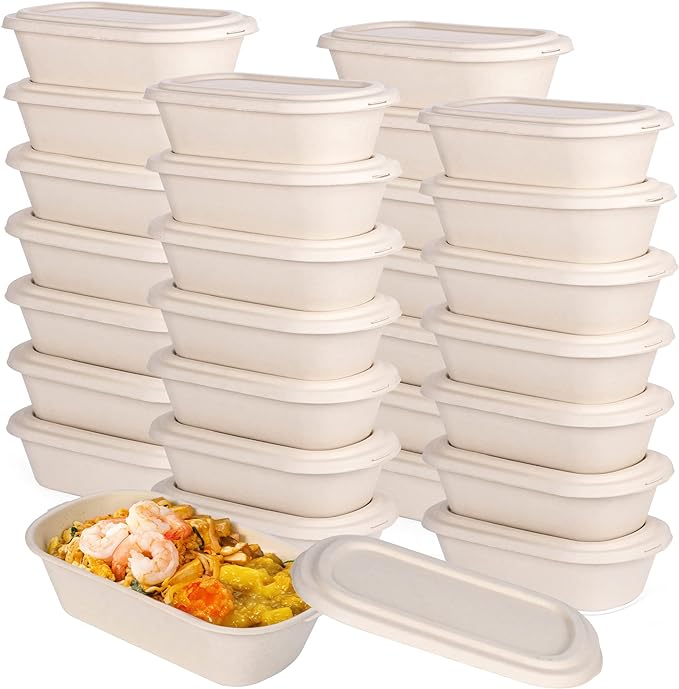
4. Mason Jars
Mason jars are versatile and can be used for storing homemade sauces, dressings, and fermented foods. They’re durable and come in various sizes.
Tips for Building a Sustainable Pantry
Creating a sustainable pantry doesn’t happen overnight, but with some mindful choices, you can make significant progress. Here are some tips to get you started:
1. Start Small
Begin by replacing one or two items with sustainable alternatives each time you shop. Gradually, your pantry will become more eco-friendly without overwhelming your budget.
2. Buy in Bulk
Purchasing staples in bulk reduces packaging waste and often saves money. Bring your reusable bags or containers to the store to cut down on single-use plastics.
3. Shop Local
Support local farmers and producers by buying seasonal and locally grown products. This reduces the carbon footprint associated with transporting food long distances.
4. Plan Your Meals
Planning meals helps reduce food waste and ensures you use up the items in your pantry before they expire. Make a weekly menu and stick to it when shopping.
5. Avoid Processed Foods
Processed foods often come with excessive packaging and additives. Opt for whole foods that are minimally processed and come with less packaging.
Conclusion: Embrace a Greener Kitchen
Transforming your pantry with sustainable staples is a rewarding journey that benefits both your health and the planet. By making mindful choices about the ingredients you stock, you support sustainable farming practices, reduce waste, and promote ethical treatment of workers. From organic grains and fair trade spices to minimal packaging and eco-friendly storage solutions, every small change contributes to a bigger impact.
Ready to start your sustainable pantry makeover? Explore Amazon and other retailers for a wide selection of eco-friendly products that align with your values. Embrace the joy of cooking with ingredients that nourish your body and protect our planet. Happy cooking and sustainable living!
FAQs: Your Sustainable Pantry Questions Answered
Are sustainable pantry staples more expensive?
While some sustainable options may have a higher upfront cost, they often offer better quality and nutrition, making them more cost-effective in the long run. Plus, the environmental benefits are invaluable.
How can I ensure the products I buy are truly sustainable?
Look for certifications such as USDA Organic, Fair Trade, Non-GMO Project Verified, and minimal packaging. These labels indicate adherence to sustainable practices.
Can I find sustainable pantry staples at regular grocery stores?
Yes, many regular grocery stores now offer a variety of sustainable options. However, specialty stores or online retailers like Amazon may provide a broader selection.
How do I transition to a sustainable pantry without wasting food?
Use up your current pantry items before replacing them with sustainable alternatives. Donate unopened, non-perishable items to local food banks if you decide to make a switch sooner.
Are there any DIY sustainable pantry staples I can make at home?
Absolutely! You can make items like nut butters, sauces, and even granola at home using sustainable ingredients. This reduces packaging waste and allows you to control what goes into your food.
Learn more about pantry and kitchen organization, how to Transform Your Pantry, or Sustainable Solutions for a Minimalist Kitchen


